No products in the cart.
All natural medium pearled and hulled barley is a member of the cereal grain. Oprah calls barley a Super Food! It is high in protein, fiber, Vitamin B6 and phosphorous. Not only is barley a low glycemic grain, it is high in both soluble and insoluble fiber. Soluble fiber helps the body metabolize fats, cholesterol and carbohydrates, and lowers blood cholesterol levels. Insoluble fiber commonly called “roughage”, promotes a healthy digestive tract and reduces the risk of cancers affecting it. A recent study has shown that eating whole barley can help regulate blood sugar for up to 10 hours!
Barley is excellent in breakfast cereals, soups, stews, as a rice substitute in risotto, and even in bread.
How to Cook Barley
To cook, bring 1 cup barley and 2 1/2 cups water or broth to a boil. Reduce heat to a simmer; cook, covered, until tender and most of the liquid has been absorbed, 40 to 50 minutes. Let stand 5 minutes. Makes 3-3 1/2 cups.
Barley Storage:
For cabinet storage, it is best to store barley in sealed containers of plastic or glass. The grain should be tightly wrapped for refrigerator or freezer storage.
The best storage locations for storing barley are cool, dry areas away from heat and light, or store it in the refrigerator or freezer.
Barley can have a shelf life of up to one year if properly stored.
It is best to store barley in the refrigerator or freezer during the summer months or year-round in hot climates, but it must be tightly wrapped to reduce the possibility of the grain absorbing moisture from the refrigeration compartment.
Our Registered Dietitian’s Top Pick
This grain has a hearty texture and delivers fiber that is linked to lowering “lousy” (LDL) cholesterol levels. Particularly it delivers beta-glucan which is a type of soluble fiber and is also considered a source of prebiotics that serve as food for the good bacteria in the digestive tract. Try including barley in grain-based salads and wholesome soups.
Ingredients
Pearled Barley. Packaged in the same facility as peanuts, tree nuts, wheat, soy, sesame, and milk products.
Nutrition Facts
Serving size 28g (~1 oz.)
| Amount per serving | ||
|---|---|---|
| Calories | 99 | |
| % Daily Value | ||
| Total Fat 1g | 1% | |
| Saturated Fat 0g | 2% | |
| Cholesterol 0mg | 0% | |
| Sodium 3mg | 0% | |
| Total Carbohydrate 21g | 7% | |
| Dietary Fiber 5g | 19% | |
| Total Sugars 0g | ||
| Protein 7g | ||
| Calcium | 1% | |
| Iron | 6% | |
The % Daily Value (DV) tells you how much a nutrient in a serving of food contributes to a daily diet. 2,000 calories a day is used for general nutrition advice
Be the first to review “Barley” Cancel reply
Related products
Cooking
$3.49 – $85.75Price range: $3.49 through $85.75
Chia Seeds
$5.49 – $110.75Price range: $5.49 through $110.75
Cooking
$2.49 – $65.75Price range: $2.49 through $65.75
Chia Seeds
$7.49 – $148.25Price range: $7.49 through $148.25
Cooking
$3.49 – $90.75Price range: $3.49 through $90.75
Cooking
$4.49 – $98.25Price range: $4.49 through $98.25
Beans, Peas & Lentils
$3.49 – $73.25Price range: $3.49 through $73.25
Cooking
$3.49 – $98.25Price range: $3.49 through $98.25
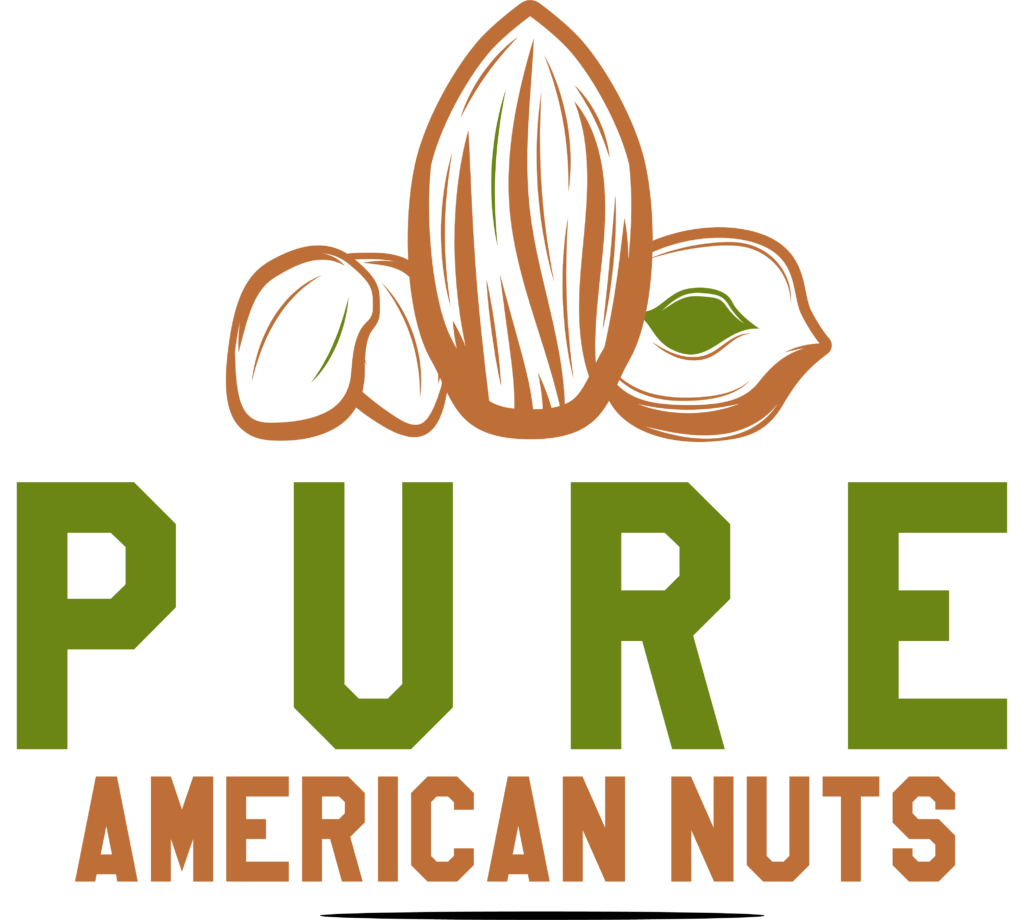

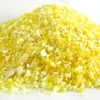
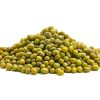
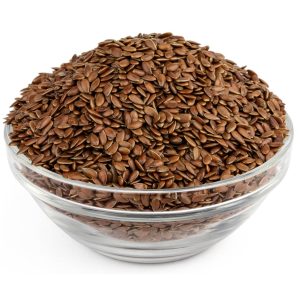



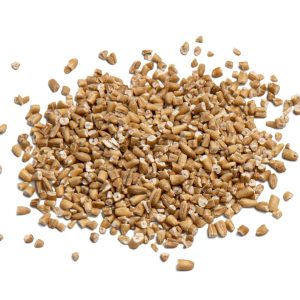



Reviews
There are no reviews yet.